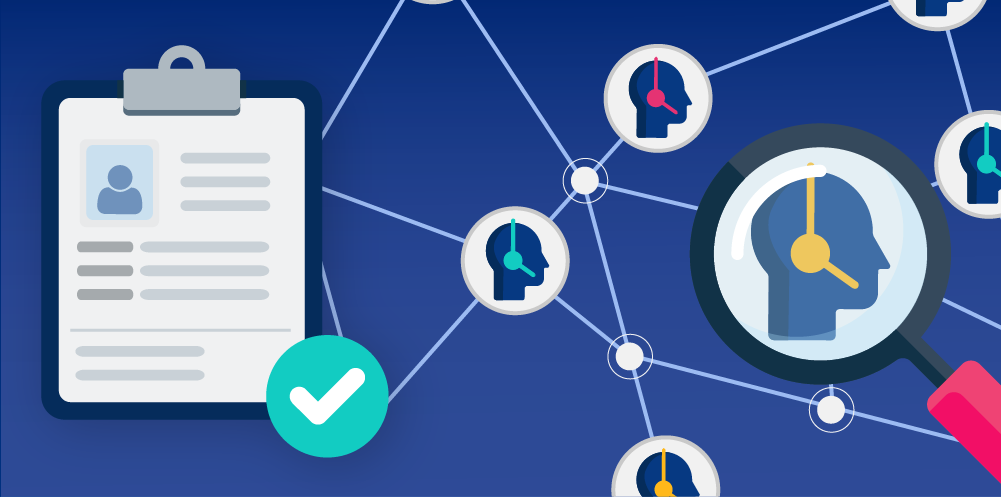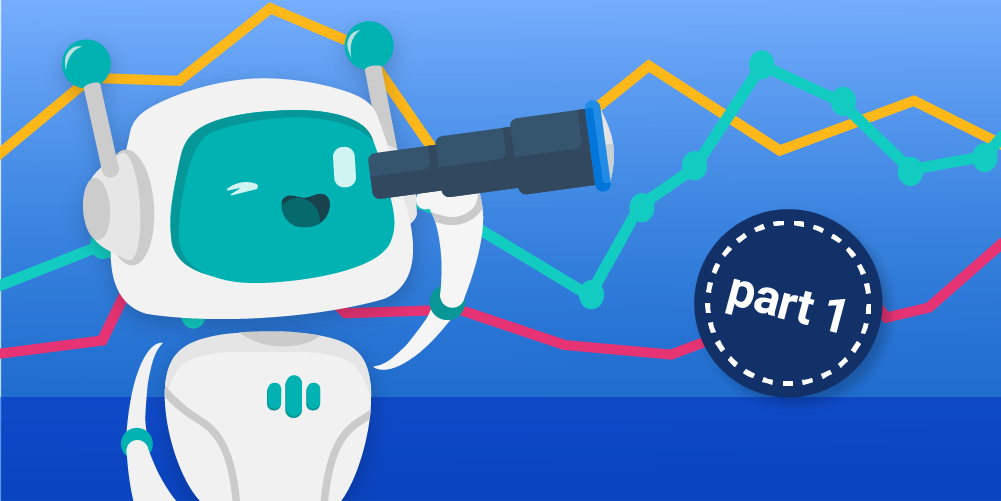Customers often ask us “what sort of person do I need to drive a workforce management system”? That’s a great question. Certainly, planners need to be good with numbers and they also need emotional intelligence. So do they need degrees in mathematics and psychology? Probably not. But there are certain characteristics that all good call centre planners have. Let’s take a look at some of the key planner skills and important planner personality traits.
Planner skills
- Numeracy It’s a cliché to say that planners are agents who happen to be good with Excel (other spreadsheet software is available), but there’s a grain of truth in that saying. Power users of Excel with experience in manipulating and presenting data have made a great start on the road to becoming a planner. It’s good practice to give prospective planners a spreadsheet challenge as part of the selection process. Such a test will reveal spreadsheet skills, mathematics skills, and data visualization skills.
- Tech-savviness Planners need a basic understanding of how all the technology in the contact center works. They need to be adept with systems generally and not be fazed by setting up the integration between the routing platform and the WFM (workforce management) system, for example. They also need to understand the logic behind the numbers. For example, how does the routing platform count offered calls - is it pre- or post-IVR (interactive voice response)? When does the clock start ticking on service level? What if there is overflow between departments - does the clock start again?
- Collaboration and teamwork There are many stakeholders in the planning process. Agents want a say in their shifts and to be able to take time off when they want it. Team leaders need to monitor the performance of their agents and keep them motivated. Management wants to deliver a great customer experience and control costs. Marketing wants the call center to support its campaigns. Planners need skills in teamwork and communication. They need a collaborative mindset in order to satisfy all the stakeholders and avoid nasty surprises like marketing campaigns that appear out of nowhere.
- Specialist qualifications (nice to have) Several organizations provide industry-recognized education and certification in the field of contact center resource planning. Examples include COPC, The Forum, and of course The Call Center School. It’s a good sign if planners have used resources such as this. It shows they are interested in best practices, not just in how to get by in Excel or how to operate a single WFM system.
- Prior use of WFM software (nice-to-have) Is it helpful for a planner to have used a WFM system before? It doesn’t hurt, but it isn’t mandatory. In fact, it’s possible for planners who have always used one WFM system to find themselves uncomfortable when asked to deliver results from another system.
- Understanding of the budgeting process (nice-to-have) Contact centers are constantly challenged to save money, usually by reducing operating costs. Optimizing the balance between customer experience, agent satisfaction, and business efficiency is the core purpose of the planning function. Good planners understand the impact that planning has on FTE requirements and staffing costs. For example, salary alone does not represent the full cost of employing one agent.
Planner personality
- Analytical Good planners are detail-oriented individuals with an analytical mindset. The planner personality is characterized by the idiom ‘to fail to plan is to plan to fail’. Planners are methodical and self-organized. They take meeting notes, store information meticulously, and make decisions based on data and evidence rather than gut feel.
- Empathic Planners sometimes get the undeserved reputation of being number-crunchers, nerds, and bad communicators. In reality, great planners understand that WFM is as much about people as it is about numbers. WFM is where people and numbers meet.
- Resilient Great planners combine empathy with resilience, adapting to requests where they can, but not conceding every time. Sometimes planners need to be thick-skinned, manage the expectations of other stakeholders, and not allow themselves to be swayed. Planning is a job where you can’t be everybody’s friend.
- Persuasive Sometimes, planners need to sell new ideas and push colleagues out of their comfort zones. For example, they might need to convince operations leadership of the need to hire more people or introduce flexible contracts. They may need to show team leaders that the new way of working or new tools are better than the old ones.
- Big picture thinking The best planners take an interest in the wider performance of the contact center and don’t focus exclusively on the outcomes of the planning function. They do their best to improve metrics that they can’t directly control. For example, they don’t pass the blame for poor schedule adherence onto team leaders. This joined-up thinking is more likely to happen if the planner has prior experience in the operation of the call center. Team leader to planner is a proven career path and works well, provided that the other skills and personality traits are in place. Agent to planner is another possible route but it represents a big step up in responsibility and salary. If you have the luxury of a planning team with specialists in the different steps of the WFM cycle, real-time management can be a good first step for agents wanting a career in planning.
Find out more
Many of our injixo consultants are former contact center planners with many years of first-hand experience. They have acquired all the planner skills and they have the planner personality. They’re always happy to share insights and give advice.
Did you find the article interesting and would like to share it with your colleagues? Download the article as a PDF.





